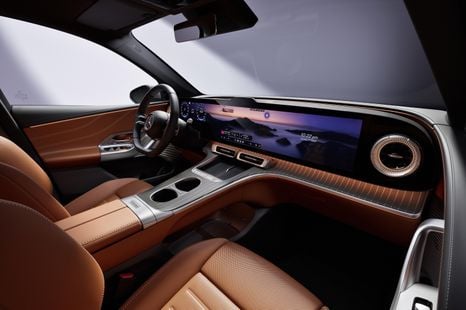

William Stopford
iPhone designer thinks touchscreens shouldn't be used for key car controls
17 Minutes Ago
Former Nikola CEO Trevor Milton took the company to the edge of a spectacular deal with GM, but is now looking at serious jail time.

Journalist


Journalist
From sealing a momentous deal with GM to the prospect of significant jail time, it’s a spectacular fall from grace for Trevor Milton.
US federal prosecutors have charged former Nikola CEO Trevor Milton with fraud, alleging he lied to drum up the company’s stock price and enrich himself.
The US Securities and Exchange Commission (SEC), which regulates stock markets, has also filed a civil claim against Milton.
“We charge that Milton engaged in a scheme to enrich himself by making false and misleading statements to investors,” Audrey Strauss, US Attorney for the Southern District of New York, said in a press conference.
“In order to drive investor demand for Nikola’s stock, Milton lied about nearly every aspect of the business.”
The charges laid against him have maximum sentences of between 20 and 25 years. Authorities are also aiming to recover the money Milton made through Nikola.
Milton was taken into custody in New York City, but was later released on a US$100 million ($135 million) bond. He has pleaded not guilty to the charges.
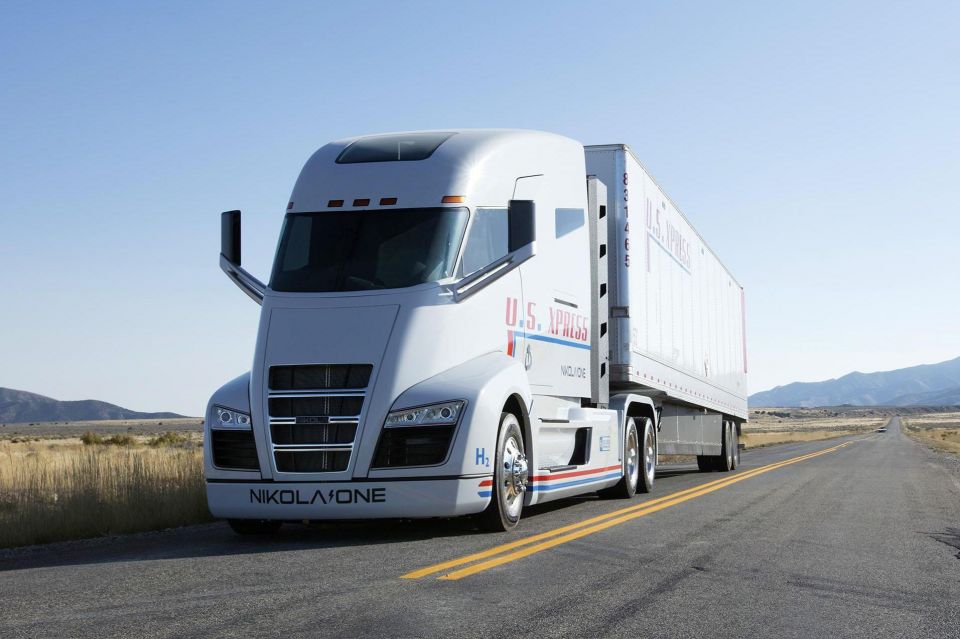
Founded in 2015 by Milton, Nikola’s first publicly revealed vehicle was the One hydrogen fuel cell truck, which the then-CEO claimed was a fully working prototype vehicle.
Prosecutors allege it was “wholly missing significant parts, including gears and motors, and the control system … was incomplete”. The One was towed on stage the night before its unveiling event, and powered by an external battery.
Additionally it had an air line fitted as there was a slow leak from its air suspension system.
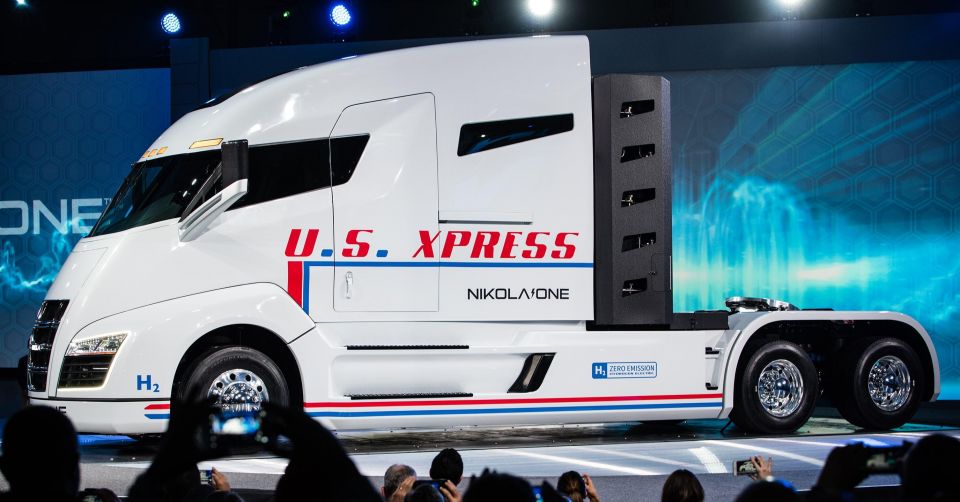
The interior was incomplete so tablet computers were used for the vehicle’s various screens with mocked up “speedometers, maps, and other information”.
A demonstration video showing the One in motion was allegedly created by letting prototype roll down a hill. Tape was used to hold the door in place to “prevent it from falling off” during the shoot.
After the event, Milton reportedly pulled the pin on the truck’s development.
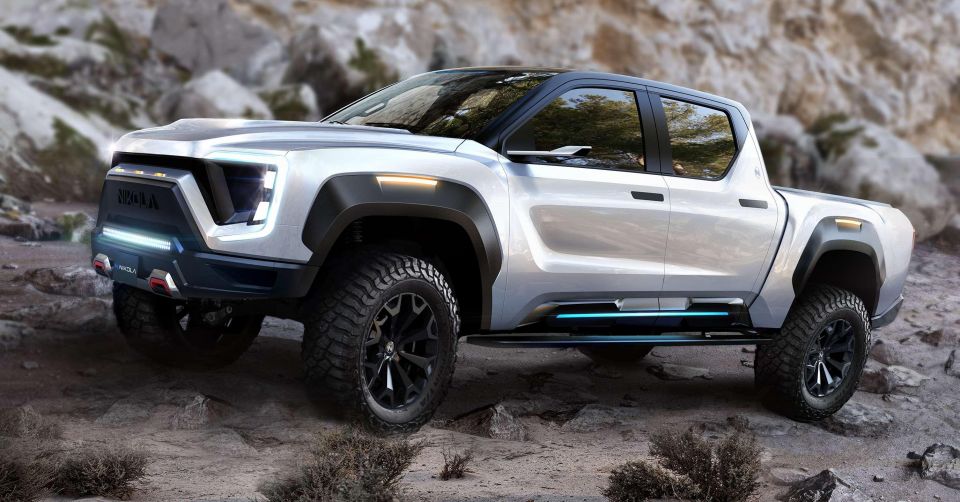
By far the company’s most outstanding reveal was the Badger pickup truck in June 2020.
In the lead up to the launch, Milton claimed it had a “billion dollars of knowledge” gained from the company’s semi-truck program, and could “go 700 miles in a real environment”.
He also promised the Badger would be a “fully functioning” vehicle, unlike the “pushers everyone puts out there as a fake vehicle to show everyone what they’re doing”.
According to prosecutors, the Badger vehicles displayed to the public and investors were actually built atop the Ford F-150 frame, and Milton had directed engineers to “hide from the public that Ford donor vehicles were used to produce the prototypes”.
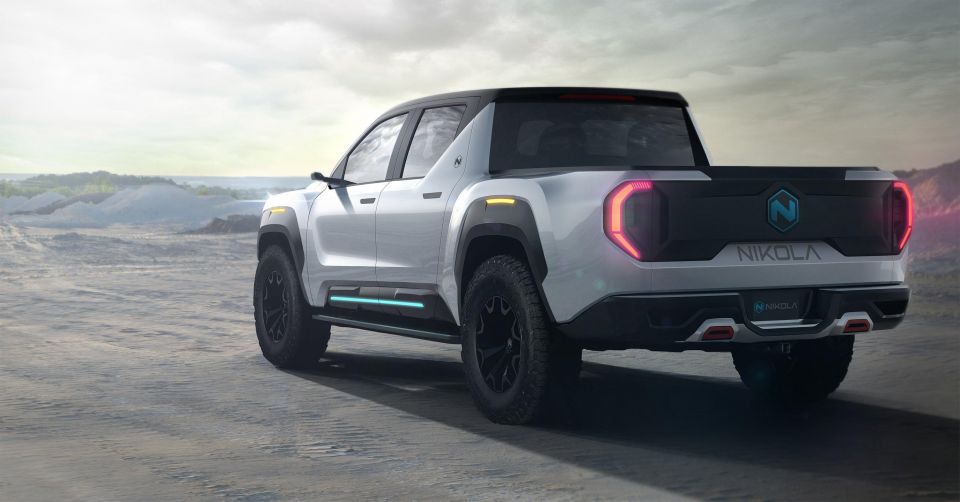
Around the time of the Badger’s unveiling, Nikola went public by merging with VectoIQ Acquisiton, a “blank cheque” firm or SPAC (special purpose acquisition company).
In a traditional listing, a firm needs to make filings with SEC laying out financial, business and, possibly, technical information, which can lead to litigation if false claims are made.
Using a SPAC, Milton wasn’t bound by “quiet period” rules, and continued to hype the company, and its share price, via social media.
These posts, prosecutors say, appealed to “investors who had no prior experience in the stock market and had begun trading during the COVID-19 pandemic to replace or supplement lost income or to occupy their time while in lockdown”.
The SEC’s civil suit states “Milton was obligated under the securities laws to communicate completely, accurately and truthfully” even through social media, and that this “obligation exists … even [for] those whose companies have only recently entered the public markets through SPAC transaction”.
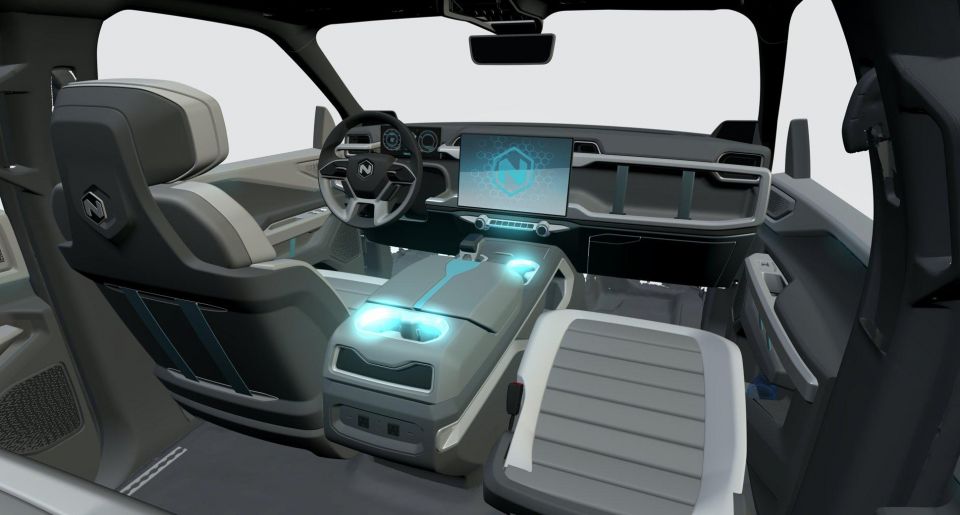
In September, Nikola announced it was about to enter a partnership with GM, where the legacy automaker would take an equity stake in Nikola.
GM would also engineer and build the Badger using its own platform, and EV technology. Only the Badger’s styling would be attributable to Nikola.
Not long after the GM deal was announced, Hindenburg Research, an investment advisory firm which had shorted Nikola, published claims the Nikola One wasn’t a working prototype.
Hindenburg also said Milton lied about the existence of a solar array on the company’s roof, its ability to make its own inverters, and having the technology to cut hydrogen production costs by around 80 per cent.
Milton soon “voluntarily” stepped down, and by December GM decided to largely walk away from the deal, leaving the Badger as a curious piece of vapourware.
At its height, Nikola was valued at around US$26.5 billion ($36 billion). Given Milton owned 25 per cent of the firm at that stage, he had on-paper assets worth over $6.6 billion ($9 billion).
Nikola’s valuation has now settled down to about US$4.7 billion ($6.4 billion), and the company continues to work on hydrogen fuel cell trucks.
Derek Fung would love to tell you about his multiple degrees, but he's too busy writing up some news right now. In his spare time Derek loves chasing automotive rabbits down the hole. Based in New York, New York, Derek loves to travel and is very much a window not an aisle person.


William Stopford
17 Minutes Ago
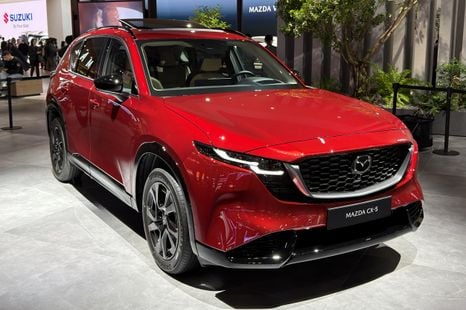

William Stopford
2 Hours Ago
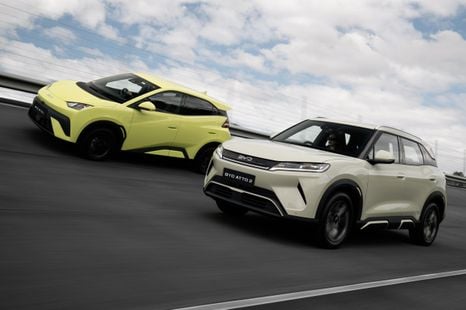

William Stopford
3 Hours Ago
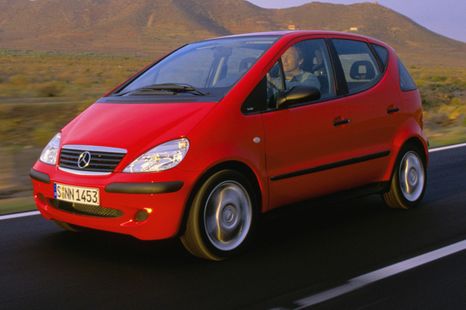

Derek Fung
6 Hours Ago
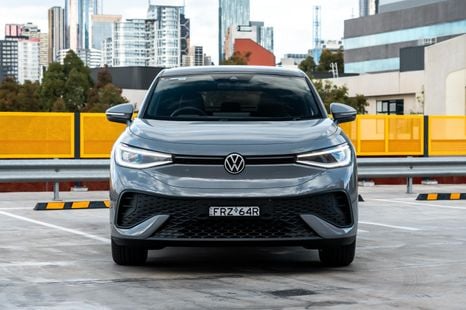

James Wong
12 Hours Ago


Damion Smy
17 Hours Ago
Add CarExpert as a Preferred Source on Google so your search results prioritise writing by actual experts, not AI.